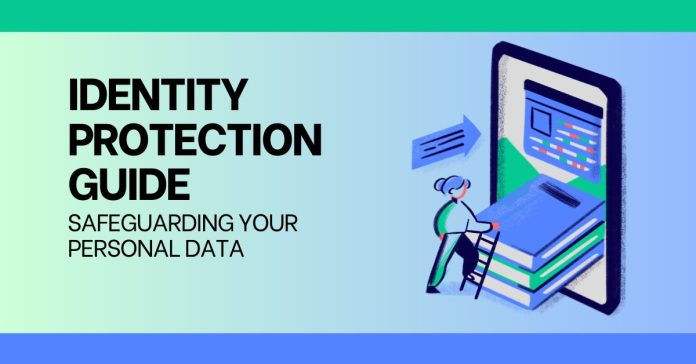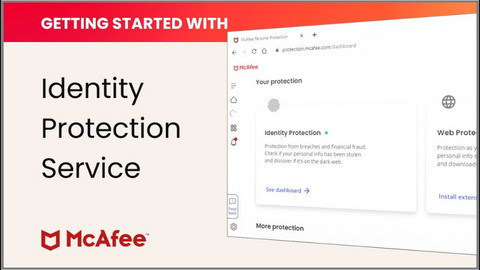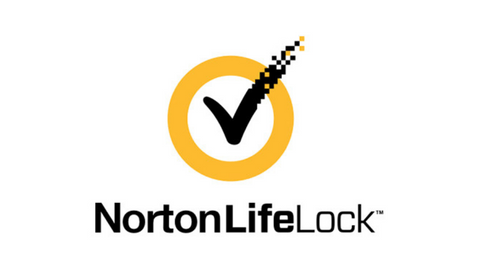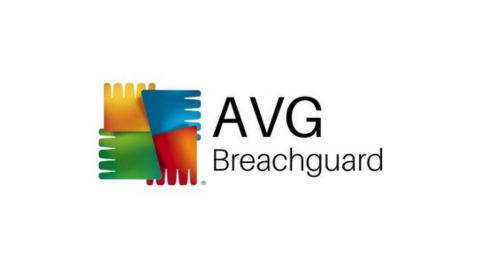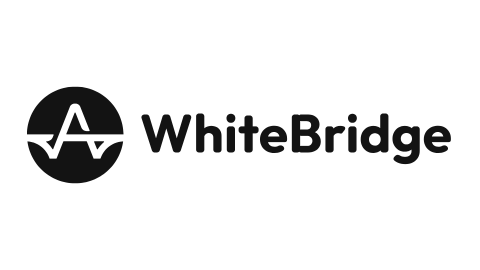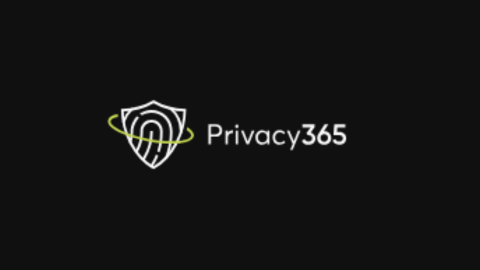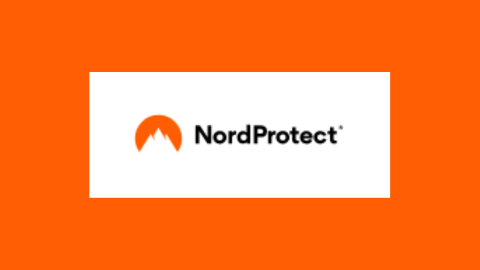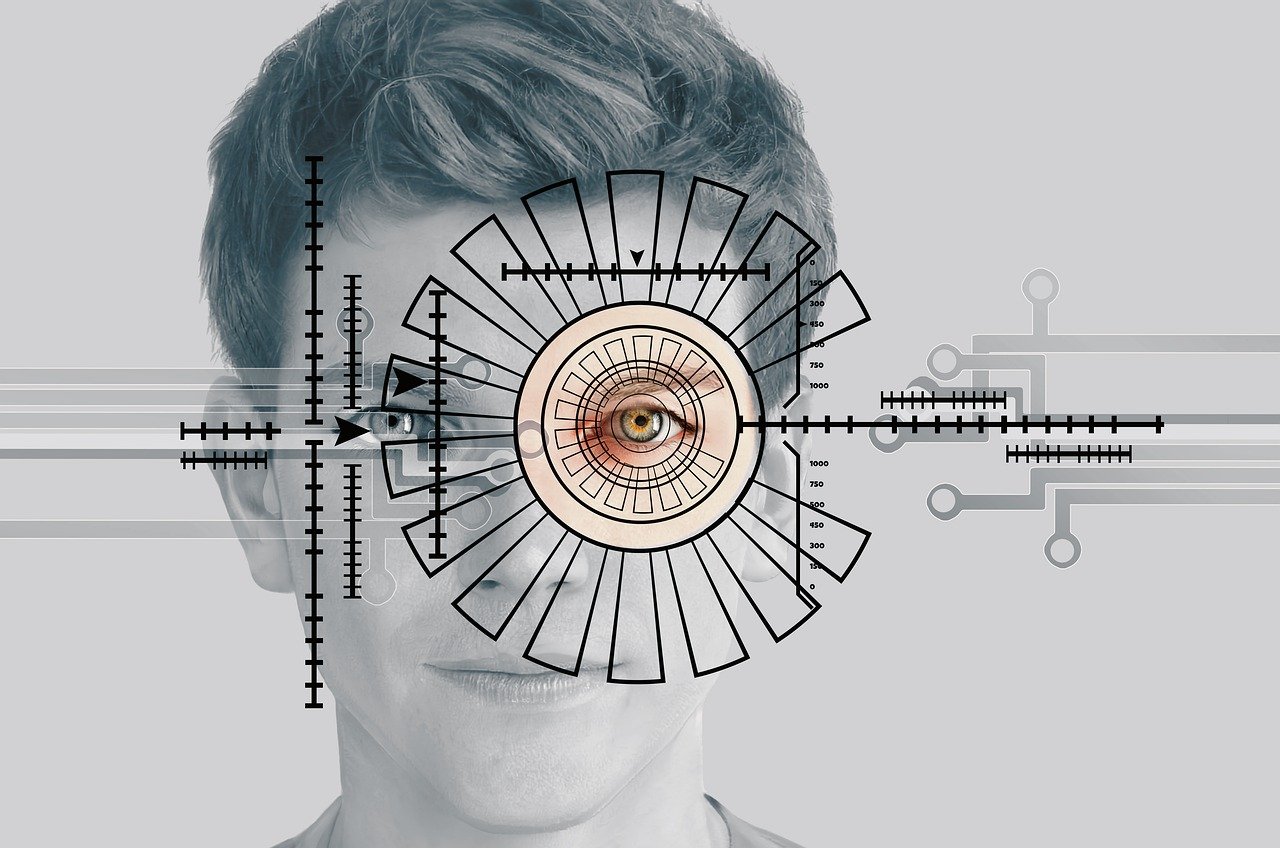Read on for the identity protection guide.
In today’s digital world, our personal information is more vulnerable than ever to identity theft risks. With just a few clicks, cybercriminals can access sensitive data that can lead to devastating consequences, both personally and financially.
That’s why it’s critical to understand the importance of identity protection and learn how to protect yourself from identity theft. Taking the necessary steps to safeguard our personal information is essential in preventing identity theft.
In this comprehensive identity protection guide, we’ll delve into identity theft statistics, explore the various types of identity theft, the impact of identity theft on individuals and businesses, and strategies for effective personal data protection.
By following these best practices for online security and privacy, utilizing identity theft monitoring services, and educating yourself and others on identity theft protection plans, you’ll be well on your way to ensuring your personal data remains secure in an increasingly connected world.
This identity protection guide aims to provide an in-depth look at the importance of safeguarding your personal data and the various strategies you can employ to prevent identity theft.
Table of Contents
What Is Identity Protection?
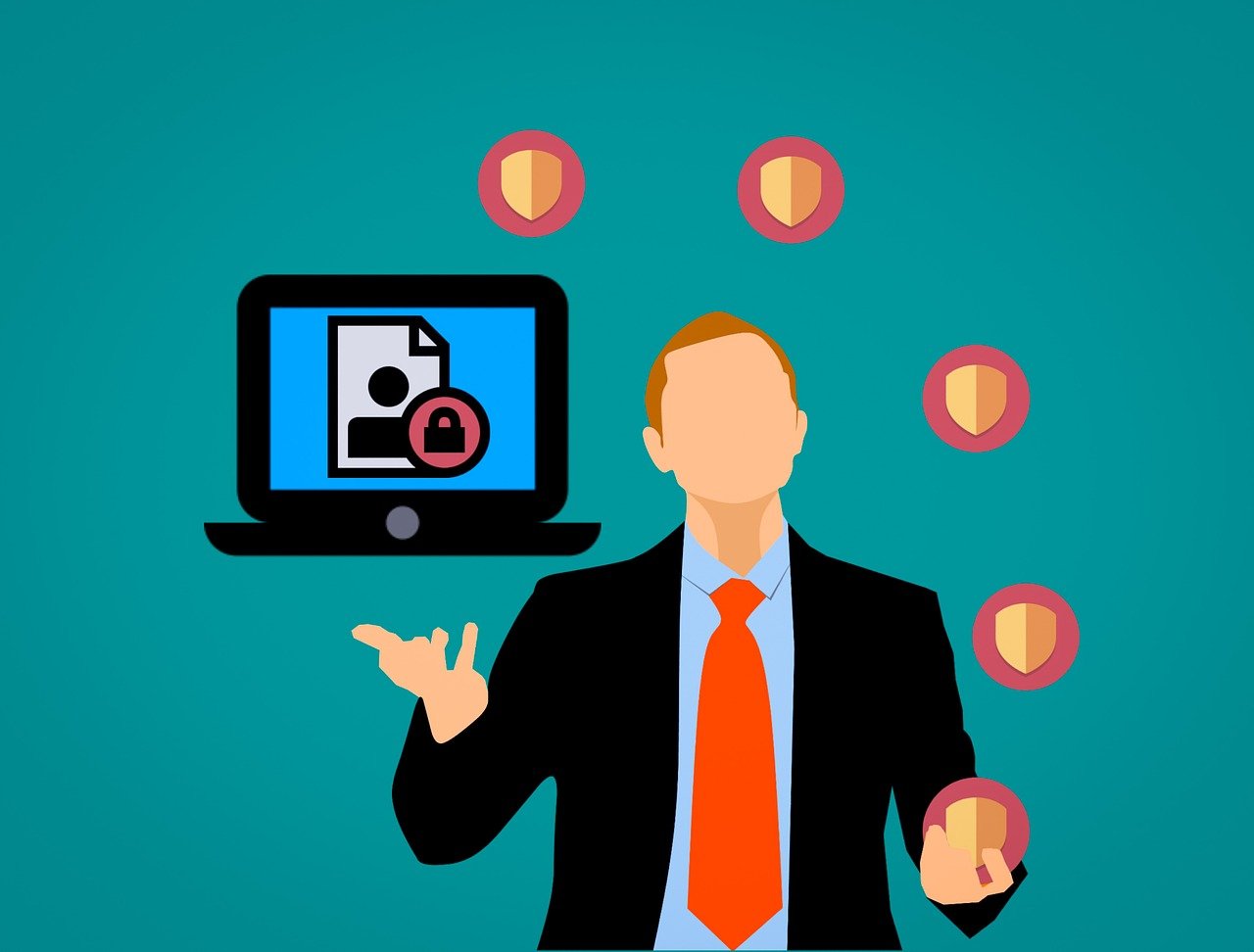
Identity protection is a set of strategies and practices aimed at safeguarding your personal information from unauthorized access and use, helping you protect your identity.
It encompasses various measures to prevent identity theft, a crime where someone steals your personal details to impersonate you and commit fraud, thus emphasizing the importance of prevention of identity theft.
Here’s a breakdown of the key aspects of identity protection:
Identity protection focuses on securing sensitive information such as:
- 💳 Financial Information: Protect credit card numbers, bank account details, and loan information.
- 📄 Government-issued IDs: Safeguard driver’s license, passport, and national ID number.
- 🩺 Medical Records: Secure health insurance information, medical history, and prescriptions.
- 🖥️ Digital Accounts: Guard login credentials for online accounts and email addresses.
- 🏠 Personal Details: Safely manage name, address, date of birth, and social security number.
The consequences of identity theft, also known as identity fraud, can be severe and long-lasting, impacting you financially, emotionally, and even legally.
Potential risks include:
- Financial losses: You may be held responsible for fraudulent debts, making it difficult to secure loans and mortgages in the future.
- Damaged credit: Fraudulent activity can negatively impact your credit score, making it difficult to get loans, rent apartments, and even get certain jobs.
- Emotional distress: The process of recovering from identity theft can be lengthy, stressful, and emotionally draining.
- Legal issues: You may need to file police reports, take legal action against the perpetrators, and clear your name from any false claims.
Taking proactive steps to protect your identity is crucial to mitigating these risks and safeguarding your personal information. Check out our OmniWatch review, a tool that can help you remove your personal information from the dark web and data broker websites.
Best Identity Theft Protection Deals
As technology continues to evolve and our lives become more interconnected, it’s essential to remain vigilant and prioritize identity protection. From shopping online and using social media to managing our finances and accessing various services, our personal information is at constant risk.
Beyond Financial Loss: The Importance of Data Security
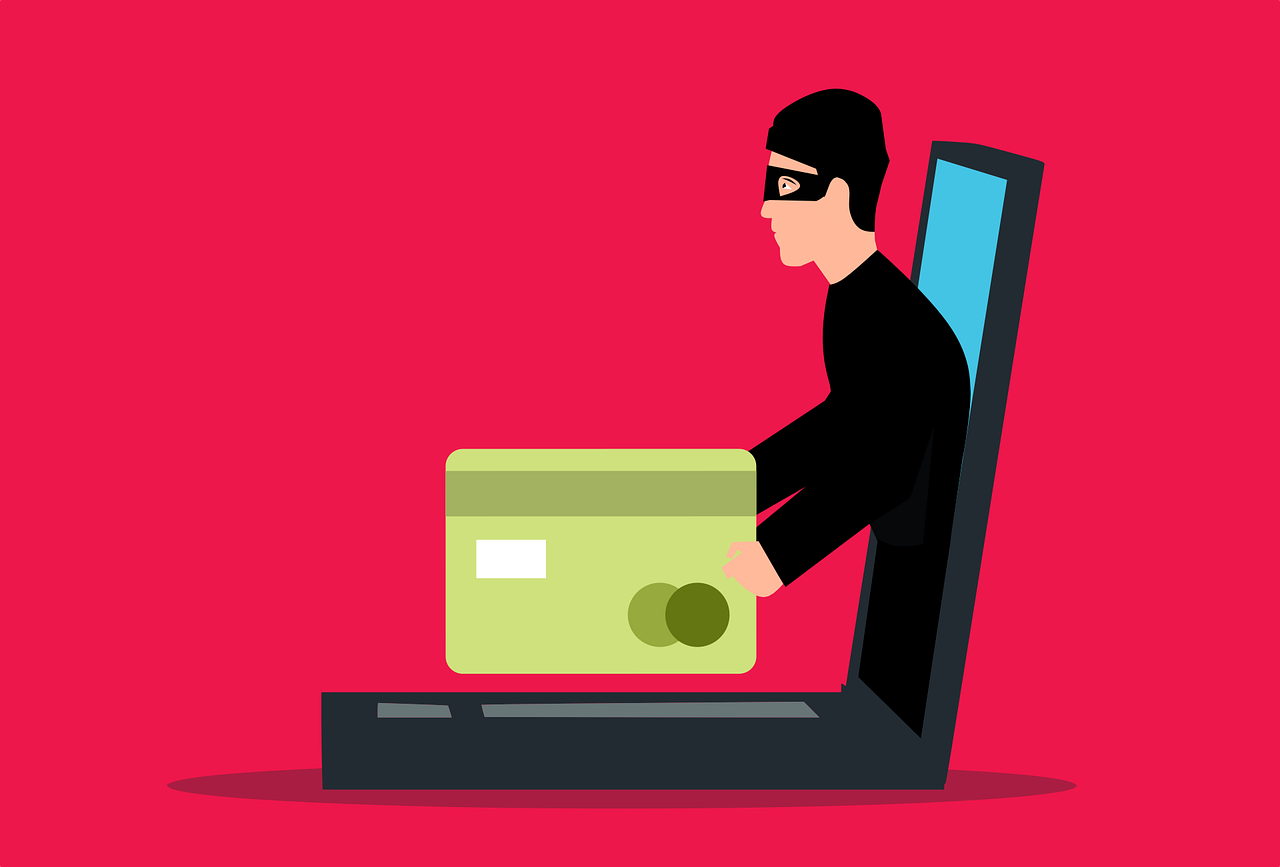
Protecting personal data is not just about safeguarding our finances but also about protecting our privacy and security in the digital world.
As we rely more and more on technology for communication, financial transactions, and even healthcare, ensuring the security of our data is crucial:
- Maintaining trust: When personal data is compromised, it can erode trust in digital systems and institutions. This can have negative consequences for businesses, governments, and individuals alike.
- Promoting innovation: Secure data environments foster innovation and encourage the development of new technologies and services. By protecting our data, we can create a more secure and prosperous digital future.
- Empowering individuals: Owning and controlling our data empowers us to make informed decisions about how it is used and shared. This is essential for ensuring our privacy and protecting ourselves from exploitation.
Now, for this identity protection guide, let me reveal the common types of identity theft, including those that may affect your identity theft credit report.
Common Types Of Identity Theft
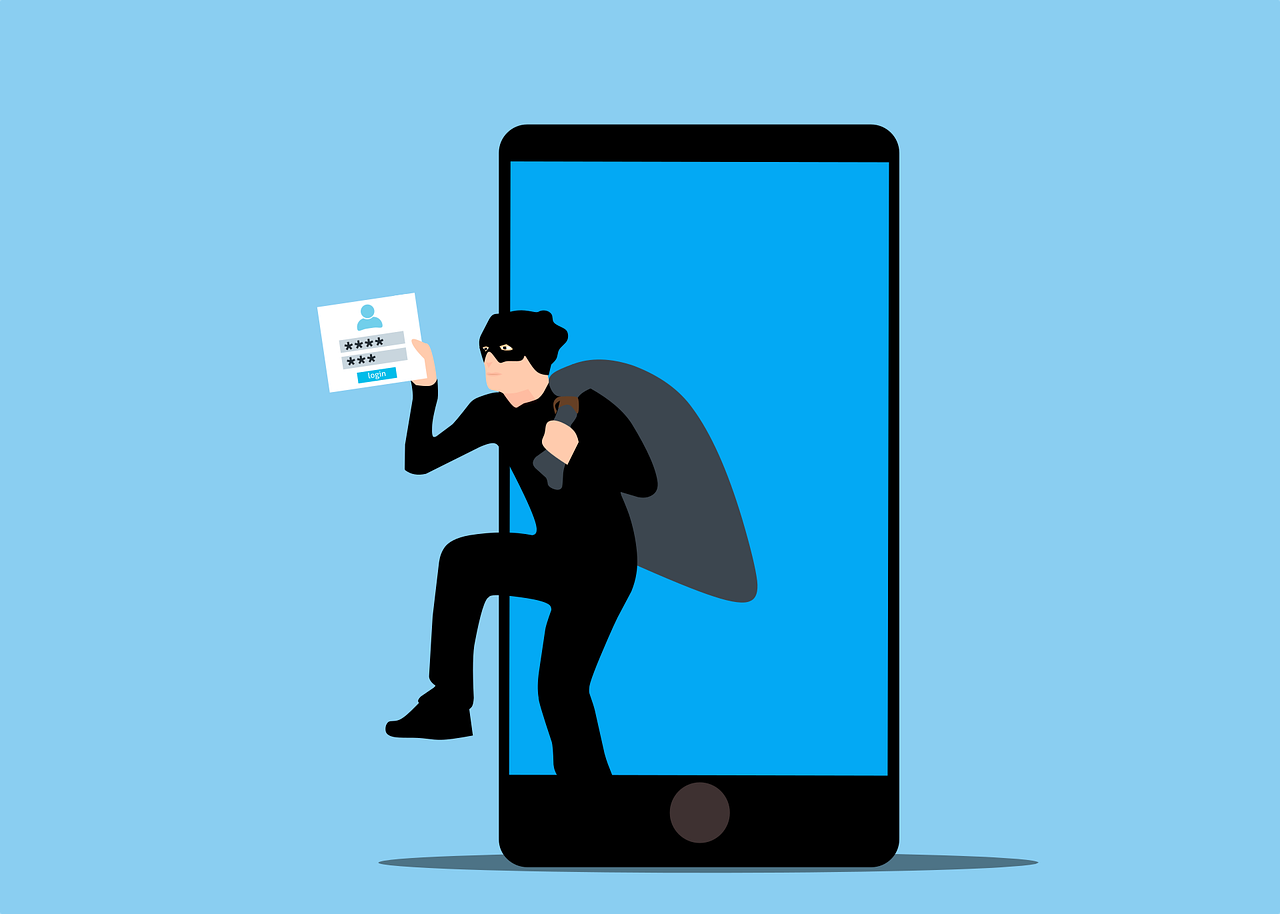
There are several types of identity theft, and each poses unique risks and challenges.
Some of the most common types of identity theft include:
1. Financial Identity Theft
This involves criminals accessing your personal information to:
- Open new credit cards or accounts in your name.
- Obtain loans or credit using your identity.
- Make unauthorized purchases online and in stores.
- File fraudulent tax returns to claim your refund.
This ID theft can lead to significant financial losses and damage your credit score, making it difficult to secure loans, mortgages, and even employment.
2. Medical Identity Theft
This occurs when someone uses your personal information to:
- Receive medical services or prescription drugs in your name.
- Falsely bill your insurance company for medical services.
This can result in incorrect medical records, which can affect your health and treatment options. It can also lead to denial of insurance coverage and difficulty obtaining future medical care, a scenario that underscores the importance of being vigilant about irs identity theft and identity theft irs issues.
3. Tax Identity Theft
This involves criminals using your personal information to:
- File a fraudulent tax return and claim your refund.
- Claim dependents or deductions that are not yours.
This can lead to delays or complications when filing your legitimate return, and you may be liable for taxes and penalties attributed to the fraudulent activity, such as a fraud tax return.
4. Employment Identity Theft
This occurs when someone uses your personal information to:
- Gain employment using your identity.
- Collect unemployment benefits or wages in your name.
This can lead to issues with your taxes, social security benefits, and employment records. You may also be held responsible by the IRS fraud department for any illegal activities committed by the individual using your information.
5. Child Identity Theft
This involves criminals using the personal information of a child to:
- Open fraudulent credit accounts.
- Apply for government benefits in the child’s name.
This can go undetected for years, impacting the child’s financial future and causing difficulties when applying for credit, loans, or other financial products due to identity theft.
6. Social Security Identity Theft
This involves criminals using your social security number to:
- Open credit accounts in your name.
- Apply for government benefits.
- Engage in other fraudulent activities.
This can have severe consequences, affecting your financial stability, credit history, and access to government benefits, all of which can be compromised by identity theft.
7. Criminal Identity Theft
This occurs when someone uses your identity when interacting with law enforcement, leading to:
- Wrongful attribution of criminal activities to you.
- Arrests and legal troubles based on false accusations.
- Damage to your reputation and future opportunities.
8. Driver’s License Identity Theft
This involves criminals using your personal information to:
- Obtain a fraudulent driver’s license in your name.
- Commit traffic violations or other criminal activities.
This can lead to your being held responsible for these actions, impacting your driving record and potentially leading to legal issues.
9. Insurance Identity Theft
This occurs when someone uses your information to:
- Obtain insurance coverage in your name.
- File false claims on your insurance policy.
- Receive medical services under your insurance plan.
This can lead to rising insurance premiums, denial of coverage, and legal repercussions for fraudulent activities.
10. Utility Identity Theft
This occurs when someone uses your information to:
- Open utility accounts such as electricity, water, or cable services.
- Use these services without your knowledge.
This can lead to unpaid bills impacting your credit score and potentially disrupting your service.
11. Character Identity Theft
This occurs when someone uses your identity to:
- Tarnish your reputation or engage in activities that harm your character.
- Impersonate you online or in-person to damage your relationships.
This can lead to social stigma, loss of employment opportunities, and personal and professional difficulties.
12. Social Media Identity Theft
This involves criminals:
- Creating fake profiles or impersonating you on social media platforms.
- Using your personal information to deceive others.
- Potentially engaging in fraudulent activities using your identity.
This can damage your personal and professional relationships and harm your reputation online.
13. Elderly Identity Theft
This involves criminals targeting seniors and taking advantage of:
- Cognitive decline or limited technological awareness.
- Vulnerability to scams and fraudulent schemes.
This can have devastating consequences, affecting financial stability, healthcare, and overall well-being.
Maintaining identity awareness is essential to remain vigilant and take proactive steps to protect your personal information, thereby minimizing the risk of falling victim to various forms of identity theft.
Regularly monitor your financial statements, consider an identity theft credit freeze, and review your credit reports, promptly addressing any suspicious activities to mitigate potential damage.
The Ripple Effect of Identity Theft: Devastating Impacts on Individuals and Businesses
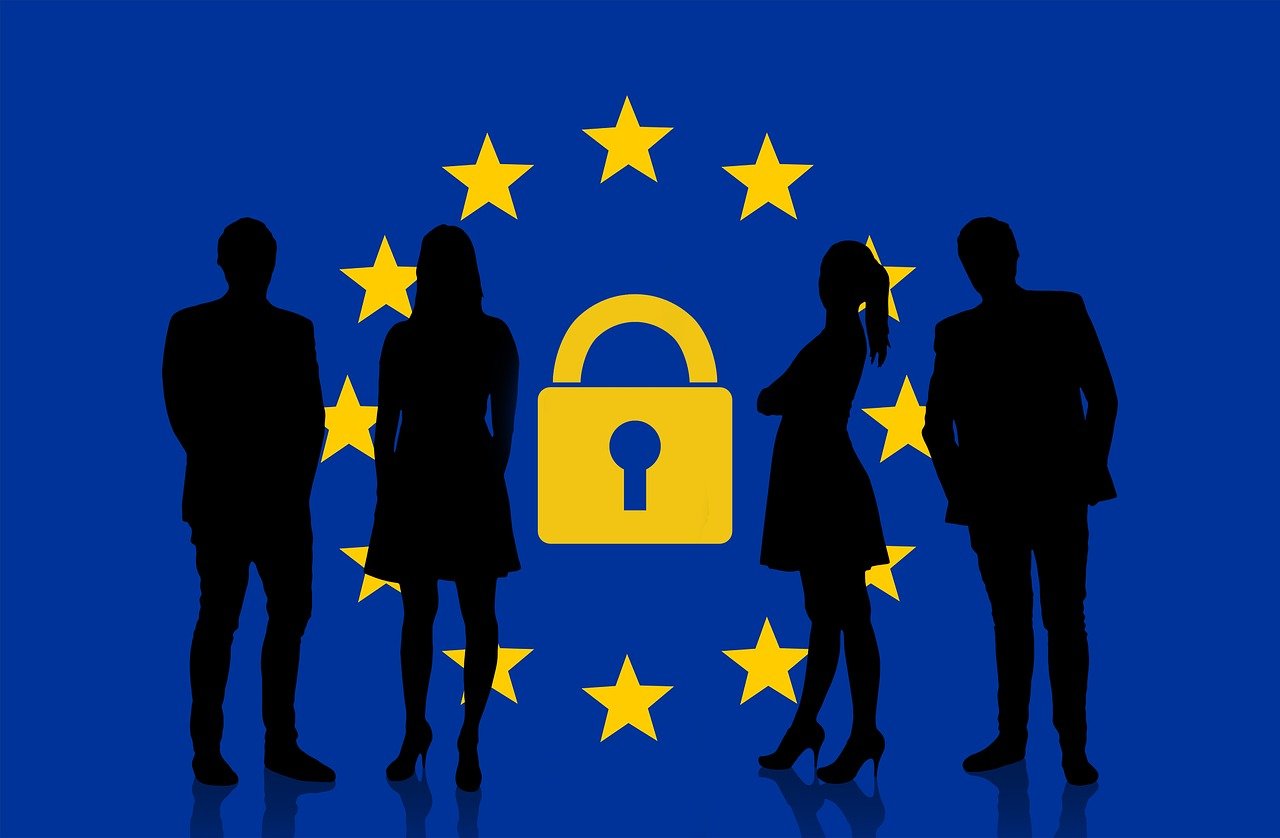
Identity theft is a growing threat, posing significant risks to individuals and businesses alike. Its consequences can be far-reaching and long-lasting, causing financial hardship, emotional distress, and reputational damage.
Individuals Face a Financial and Emotional Toll
For individuals, identity theft can be financially devastating. Victims often face:
- Mounting debt: Fraudsters often open credit cards or loans in the victim’s name, leaving them responsible for paying off the fraudulent charges.
- Damaged credit: The fraudulent activity significantly impacts their credit score, making it difficult to secure loans, rent apartments, and even obtain certain jobs.
- Financial instability: Victims may struggle to meet their financial obligations, leading to stress, anxiety, and even depression.
Recovering from identity theft can be a long and arduous process, requiring countless hours and significant effort to ensure identity theft recovery.
- Dispute fraudulent charges: Victims must contact creditors and financial institutions to dispute fraudulent charges and close compromised accounts.
- Repair credit: The process of rebuilding a damaged credit score can take months or even years.
- Report the crime: Reporting identity theft to authorities is crucial for initiating legal action and preventing future harm.
Businesses Bear the Brunt of Financial Losses and Reputational Damage
Businesses are also not immune to the detrimental effects of identity theft. They often experience:
- Financial losses: Fraudulent transactions and unauthorized use of company resources can lead to significant financial losses.
- Data breaches: Security breaches expose sensitive customer data, leading to fines and legal repercussions.
- Reputational damage: News of a data breach can damage a company’s reputation and erode customer trust.
Businesses may also incur additional costs associated with:
- Implementing identity theft prevention measures: Investing in cybersecurity infrastructure and employee training can be costly.
- Assisting customers: Companies may need to dedicate resources to assisting customers in recovering from identity theft.
The Ripple Effect: A Call for Collective Action
The impact of identity theft extends far beyond the individual or business directly affected. It can have a ripple effect, impacting the wider community and economy. This underscores the need for collective action on multiple levels:
- Individuals: Increased awareness and proactive measures can significantly reduce their risk of becoming victims.
- Businesses: Robust security measures and incident response plans are crucial for protecting customer data and mitigating potential damage.
- Governments: Implementing strong data protection laws and enforcing them effectively is essential for deterring crime and supporting victims.
- Technology companies: Developing secure technologies and fostering a culture of responsible data handling are key to building a more resilient digital ecosystem.
By working together, we can create a safer digital environment where individuals and businesses alike can thrive without the fear of identity theft.
Strategies For Effective Personal Data Protection
To prevent identity theft, there are several strategies you can employ to protect your personal data and minimize the risk of falling victim to this crime. These include:
- Be cautious with your personal information: Avoid sharing sensitive information, such as your Social Security number or bank account details, unless absolutely necessary. When providing personal information online, ensure that you’re using a secure website (look for “https” at the beginning of the web address).
- Monitor your accounts: Regularly review your bank statements, credit card statements, and credit reports for any suspicious activity. If you notice any unauthorized charges or accounts, report them immediately.
- Use strong, unique passwords: Create complex passwords that include a mix of letters, numbers, and symbols, and avoid using the same password across multiple accounts. Change your passwords regularly and consider using a reputable password manager to help keep track of them.
- Be cautious with public Wi-Fi: When using public Wi-Fi networks, avoid accessing sensitive information or conducting financial transactions, as these networks may not be secure.
- Keep your devices secure: Install reputable antivirus software on your devices and ensure that your operating system and applications are up to date with the latest security patches. Use a firewall and secure your home Wi-Fi network with a strong password.
Best Practices For Online Security And Privacy
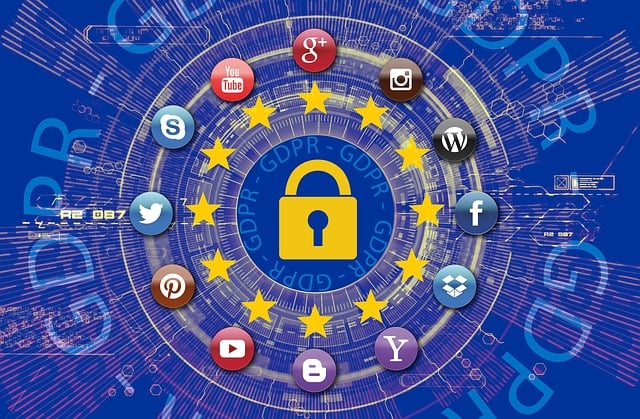
Apart from the strategies mentioned above for this identity protection guide, adopting several best practices can further prevent identity theft and enhance your online security and privacy. These include:
- Be cautious with social media: Limit the amount of personal information you share on social media platforms, and be mindful of the privacy settings on your accounts. Cybercriminals often use social media to gather information about potential victims.
- Use multi-factor authentication: Whenever possible, enable multi-factor authentication (MFA) on your online accounts. MFA adds an extra layer of security by requiring additional verification, such as a fingerprint or a unique code sent to your phone.
- Beware of phishing scams: Be cautious when clicking on links in emails or messages from unknown sources, as they may lead to fraudulent websites designed to steal your personal information. If you’re unsure about the legitimacy of a link, hover your cursor over it to reveal the destination URL.
- Secure your mobile devices: Lock your phone and other mobile devices with a passcode, fingerprint, or facial recognition. Be cautious when downloading apps, and only download from reputable sources.
- Dispose of personal information properly: Shred or destroy documents containing personal information before disposing of them. Delete any sensitive files from your devices before disposing of or selling them.
Utilizing Identity Protection Services
Identity protection services can provide an additional layer of security and identity theft resolution services to help safeguard your personal information. These services typically offer a range of features, such as credit monitoring, identity theft insurance, and assistance in recovering from identity theft.
Some services also provide identity theft detection through dark web monitoring, which involves scanning the dark web for any instances of your personal information being bought or sold.
While identity protection services can be a valuable tool to prevent identity theft and bolster your overall security strategy, it’s important to remember that no service can guarantee complete protection from identity theft. For this identity protection guide, I have collated the best deals to help you get started.
Here are the best identity theft protection services:
Legal Shield: Protecting Your Identity through Law
While individual vigilance is essential, legal measures play a crucial role in safeguarding our identity from theft. In the United States, the Federal Trade Commission (FTC) acts as the primary guardian, enforcing numerous laws and offering invaluable resources to victims.
Key Legal Protections
- Fair Credit Reporting Act (FCRA): This empowers you with specific rights regarding your credit report. You can access it annually for free, dispute any inaccuracies, and place a fraud alert or credit freeze to restrict access and prevent unauthorized credit applications.
- Identity Theft and Assumption Deterrence Act: This federal law criminalizes the knowing use of another’s personal information for fraudulent purposes. This protects against credit card fraud, financial scams, and other identity-related crimes.
- Gramm-Leach-Bliley Act (GLBA): This safeguards financial information held by banks, credit card companies, and other financial institutions, requiring them to implement robust security measures and data breach notification protocols.
- Children’s Online Privacy Protection Act (COPPA): This protects the privacy of children under 13 online, restricting the collection and use of their personal information without parental consent.
These are just a few examples of the legal framework protecting your identity. Additionally, individual states may have their own laws offering further safeguards.
Reporting Identity Theft
Prompt action is crucial in mitigating the damage of identity theft. If you suspect your information has been compromised, report the crime immediately to:
- Local authorities: This initiates a police investigation and ensures a formal record of the incident.
- Federal Trade Commission (FTC): Filing a report with the FTC helps them track trends and identify patterns of identity theft, ultimately leading to stronger enforcement and consumer protection.
On the other hand, Incogni goes beyond basic browsing history deletion. It allows you to manage your digital footprint, remove personal information from public records, and monitor data leaks. However, it requires a subscription fee to access its full range of features.
By understanding the legal framework and taking advantage of available resources, you can significantly strengthen your defences against identity theft and protect yourself from financial harm, emotional distress, and other potential consequences.
Now, for this identity protection guide, let me show you how to extend the knowledge to others.
Educating Yourself And Others On Identity Protection Measures
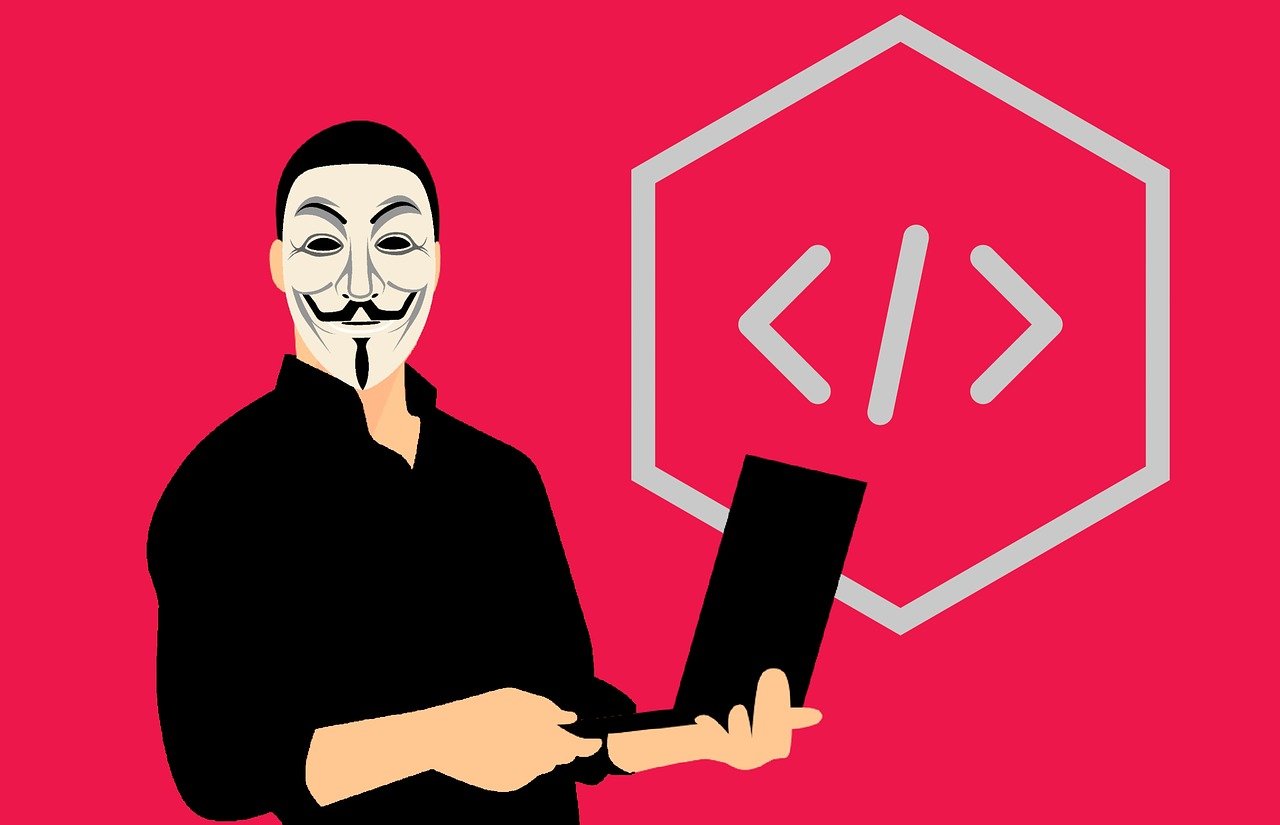
Knowledge is power, and when it comes to safeguarding your identity, education is the cornerstone. By proactively informing ourselves and others about effective measures to prevent identity theft, we can build a collective defence against this pervasive threat.
The landscape of identity theft is constantly evolving, with scammers and thieves devising ever-sophisticated techniques.
To stay ahead of the curve, it’s crucial to:
- Continuously update your knowledge: Stay informed about the latest scams, fraud tactics, and data breach trends. Resources like the Federal Trade Commission (FTC) and the National Cyber Security Alliance offer valuable information and educational materials.
- Share the knowledge: Don’t keep your knowledge to yourself. Share information with family, friends, colleagues, and even children, making them aware of the risks and best practices for data protection.
Building a Community of Awareness
Supporting organizations dedicated to promoting identity protection is another powerful step. These organizations work tirelessly to:
- Advocate for stronger data privacy laws and regulations.
- Develop educational programs and resources for individuals and businesses.
- Provide support and assistance to victims of identity theft.
By contributing to these organizations through donations, volunteering, or simply spreading awareness, we can collectively strengthen the defences against identity theft.
Protecting Our Future Generation
Teaching children about the importance of data privacy and protecting their personal information is vital. This can include:
- Open and honest conversations: Discuss the risks of identity theft and how it can affect their lives.
- Empowering them with knowledge: Teach them how to identify suspicious emails, websites, and phone calls.
- Encouraging responsible online behaviour: Guide them on creating strong passwords, using secure websites, and limiting the amount of personal information they share online.
By prioritizing education and fostering a culture of awareness, we can empower ourselves and others to proactively protect our identities and build a safer digital environment for all.
FAQs on Identity Protection Guide: Safeguarding Your Personal Data
What is identity protection and why is it important?
Identity protection is the practice of securing your personal and financial information from theft, fraud, or misuse. It is important because stolen data can be used to open fake accounts, commit financial fraud, or even damage your credit score and reputation.
What personal data should I protect the most?
You should protect sensitive information such as your Social Security number, bank account details, credit card numbers, passwords, medical records, and government-issued IDs. These are the most common targets for cybercriminals.
How can I protect my identity online?
You can protect your identity online by using strong, unique passwords, enabling two-factor authentication, avoiding public Wi-Fi for sensitive transactions, updating software regularly, and being cautious of phishing emails and suspicious links.
Is identity theft the same as data breach?
No. A data breach occurs when hackers gain unauthorized access to systems and steal information. Identity theft happens when stolen personal data is actually used to commit fraud. A data breach can lead to identity theft if your data is exposed.
What should I do if I suspect identity theft?
If you suspect identity theft, immediately contact your bank and credit card providers, change your passwords, place a fraud alert with credit bureaus, and file a report with the Federal Trade Commission (FTC) or your local authority.
Are identity protection services worth it?
Yes, identity protection services can be worth it, especially if you handle sensitive financial transactions or have already been a victim of data theft. They provide monitoring, alerts, and recovery assistance to reduce the risks of identity fraud.
Can strong passwords alone protect my identity?
Strong passwords are a good first defense, but they are not enough on their own. For maximum protection, you should combine strong passwords with other security measures such as two-factor authentication, encryption, and identity monitoring tools.
Wrapping Up The Identity Protection Guide
To wrap up this identity protection guide, you should know that safeguarding your personal data is critical in today’s digital world.
Protecting your personal data in today’s digital age is not just a possibility; it’s a necessity. By understanding the diverse forms of identity theft, its impact on individuals and businesses, and implementing effective personal data protection strategies, you can significantly reduce your risk of becoming a victim.
While the technological landscape evolves, innovative solutions like biometric authentication and blockchain technology hold immense potential for enhancing data security. However, the ultimate responsibility lies with each individual.
By actively engaging in best practices, leveraging identity protection services, and maintaining ongoing vigilance, you can empower yourself with identity theft alerts to secure your personal information in a world increasingly reliant on digital connectivity.
Remember, the time to act is now. Take proactive steps today to safeguard your identity and build a secure future for yourself and your loved ones.
Drop a comment below regarding this identity protection guide.
INTERESTING POSTS
- Identity Protection Explained in Fewer than 140 Characters
- 10 Certified Benefits of Identity Theft Protection
- Power System Cybersecurity: More Important Than Ever
- Safeguarding Data In Real-Time – The SSE Approach
- Online Privacy Explained: What It Is, Why It’s Important, and How to Protect It
- Identity Theft: How To Safeguard Your Personal Information
- Why Is Identity Theft A Big Concern For Businesses In 2021?
About the Author:
Gina Lynch is a VPN expert and online privacy advocate who stands for the right to online freedom. She is highly knowledgeable in the field of cybersecurity, with years of experience in researching and writing about the topic. Gina is a strong advocate of digital privacy and strives to educate the public on the importance of keeping their data secure and private. She has become a trusted expert in the field and continues to share her knowledge and advice to help others protect their online identities.


